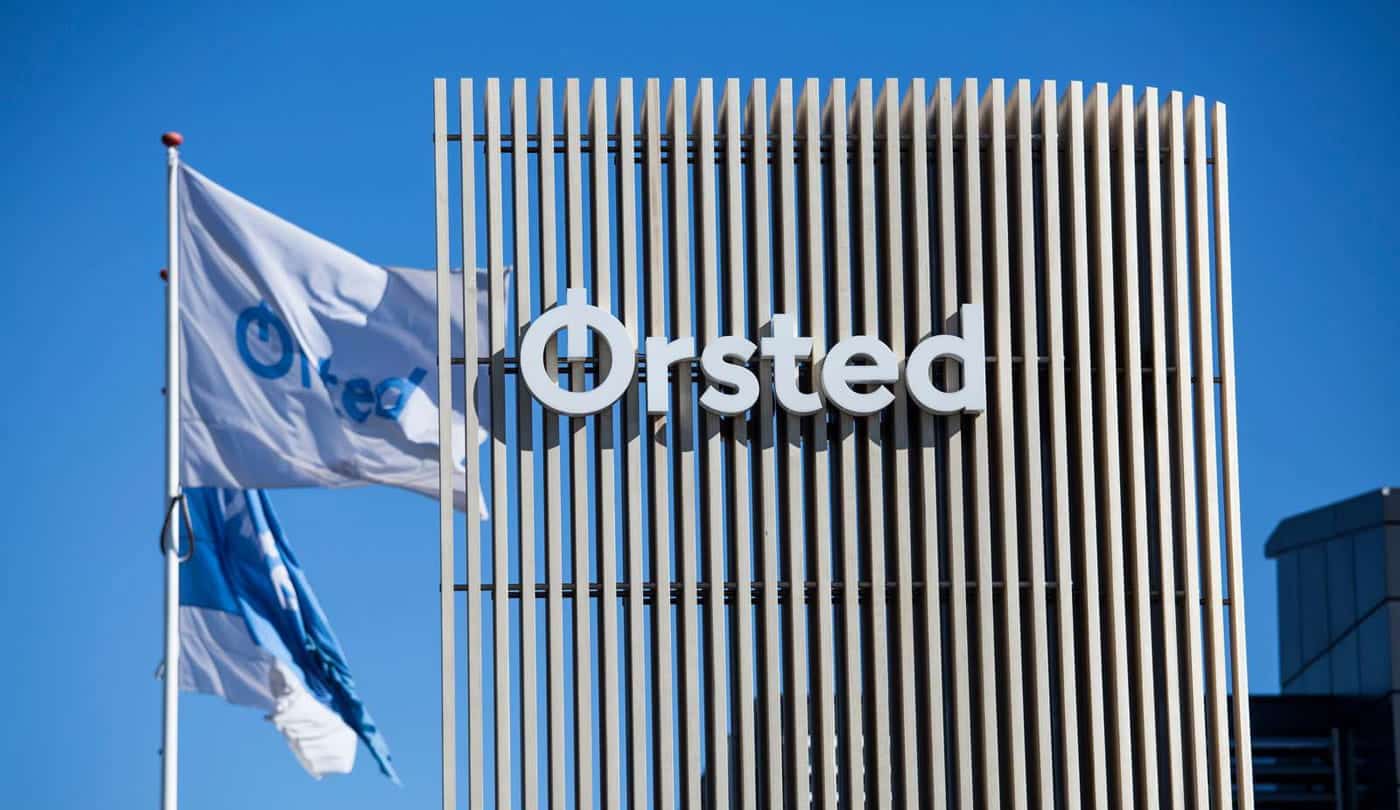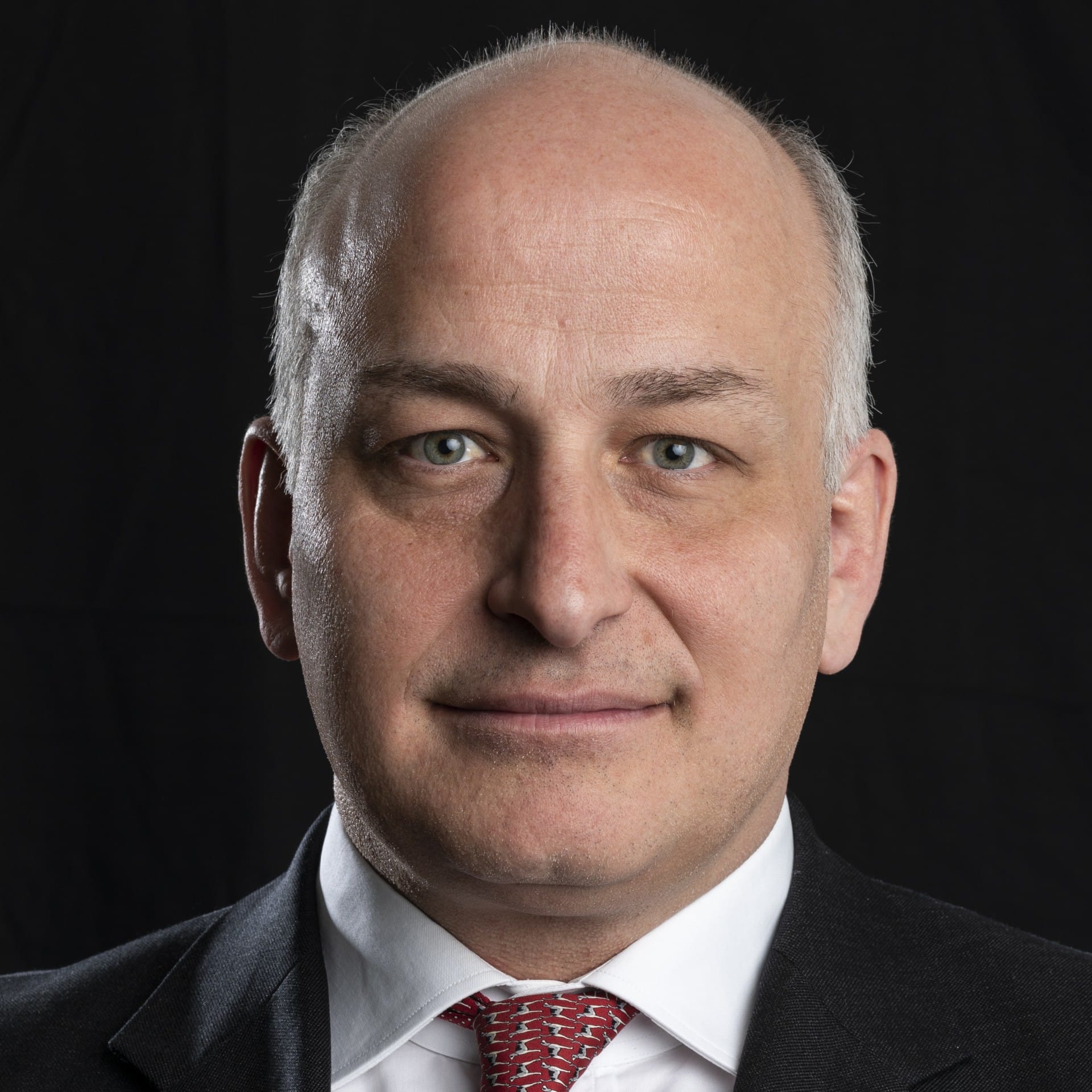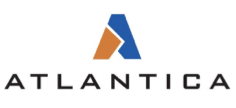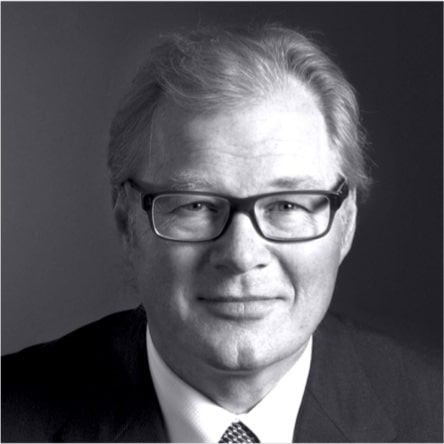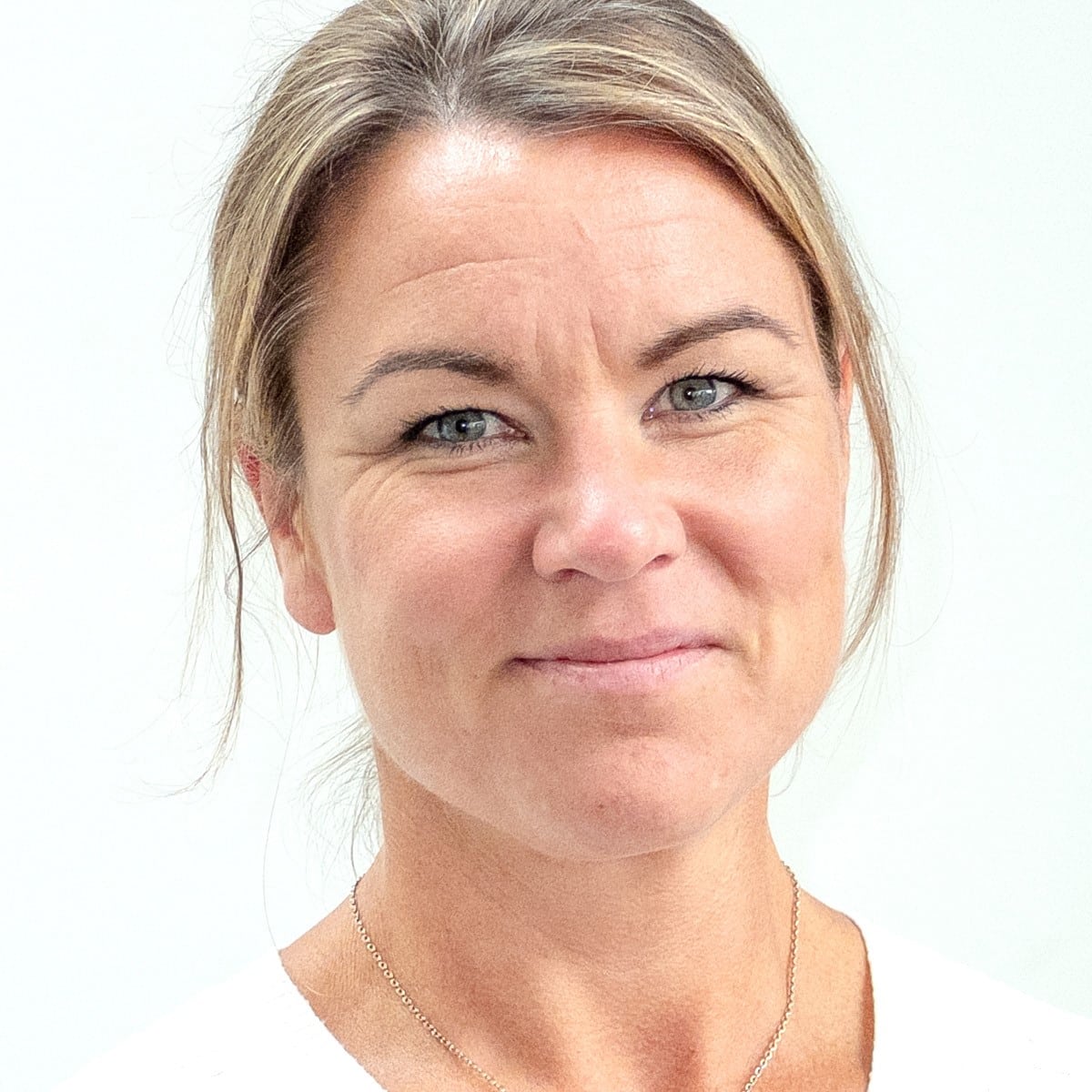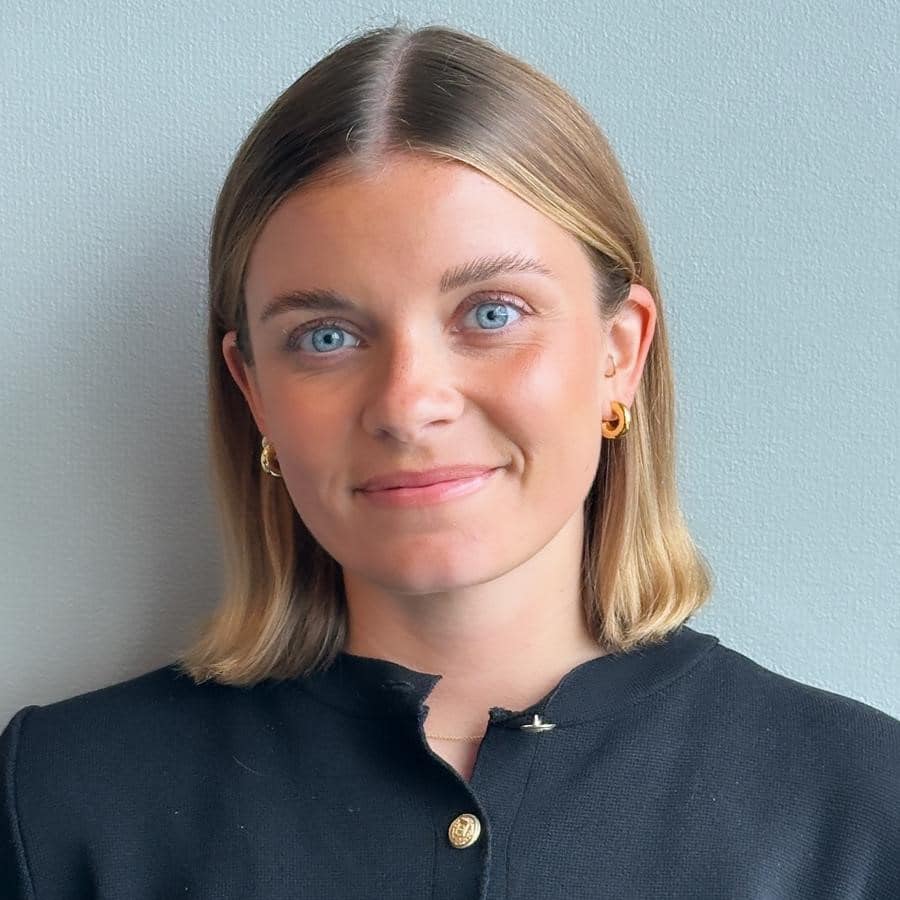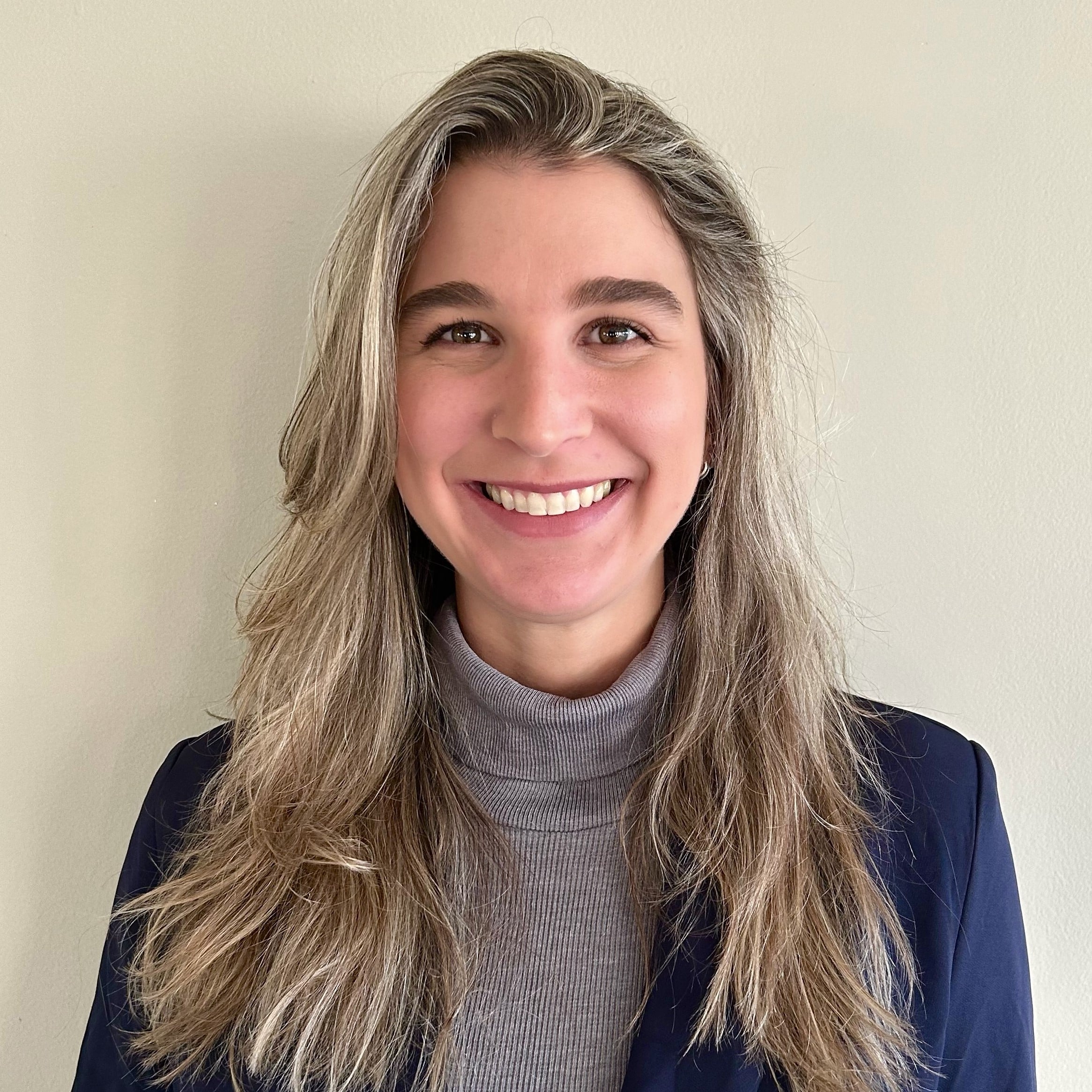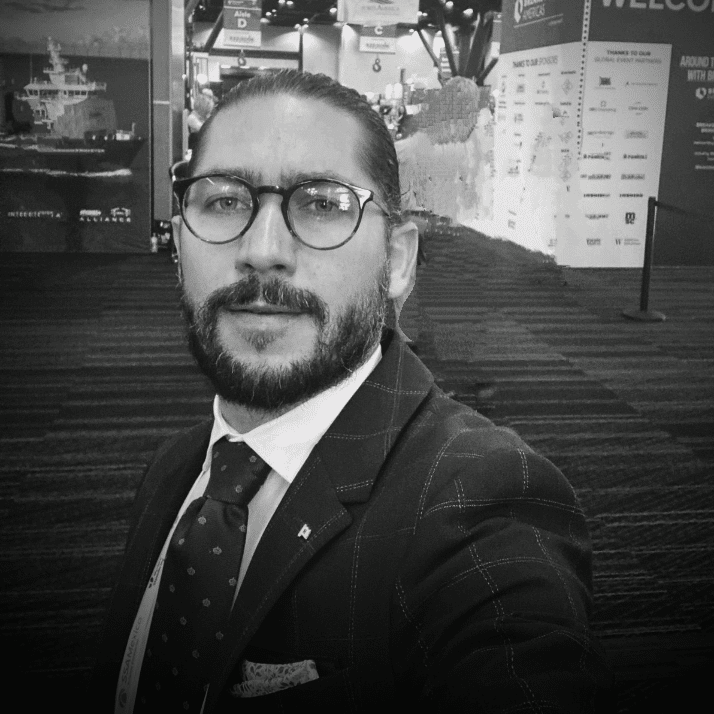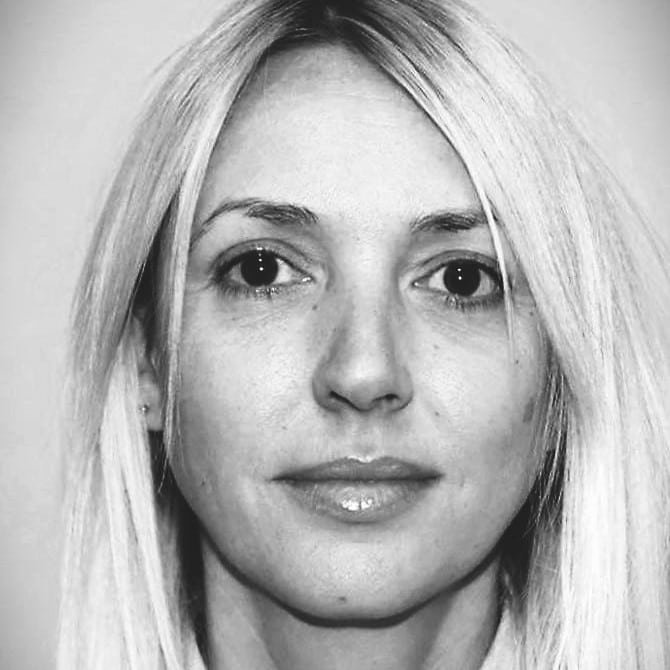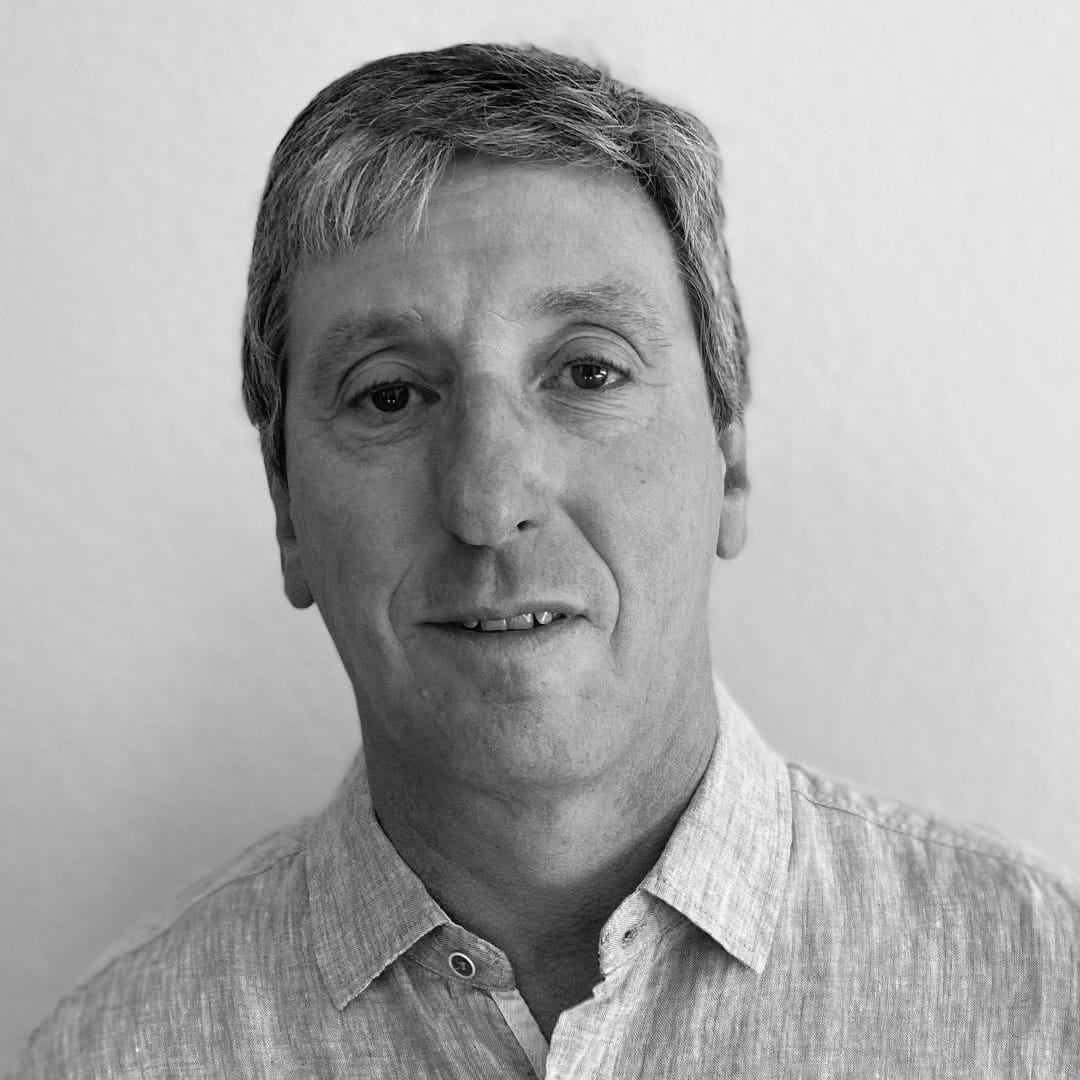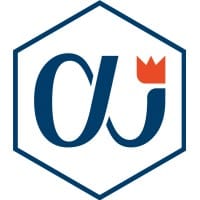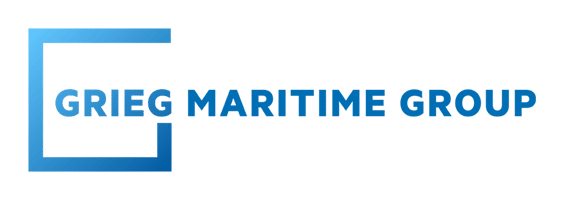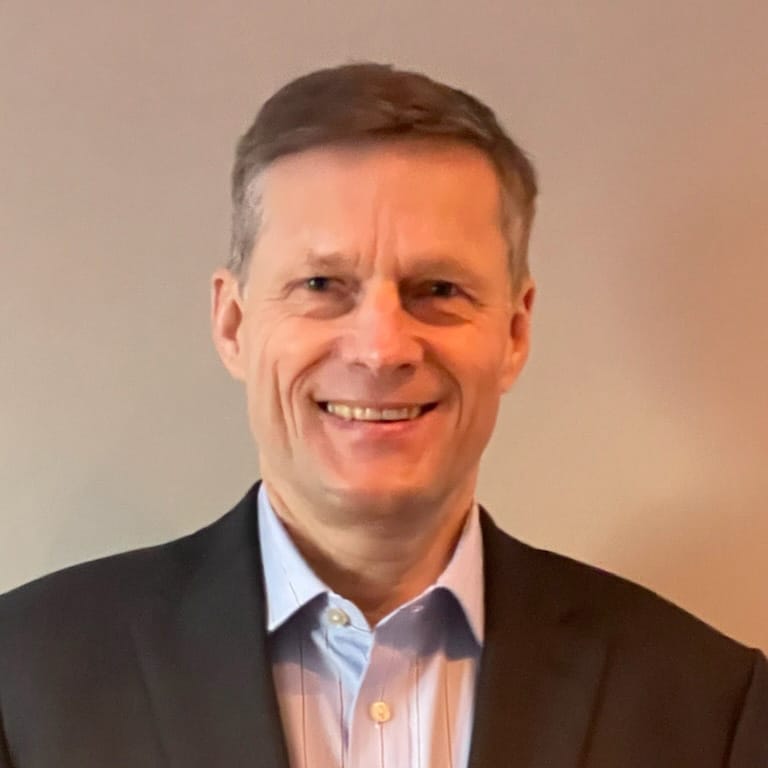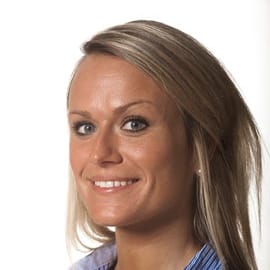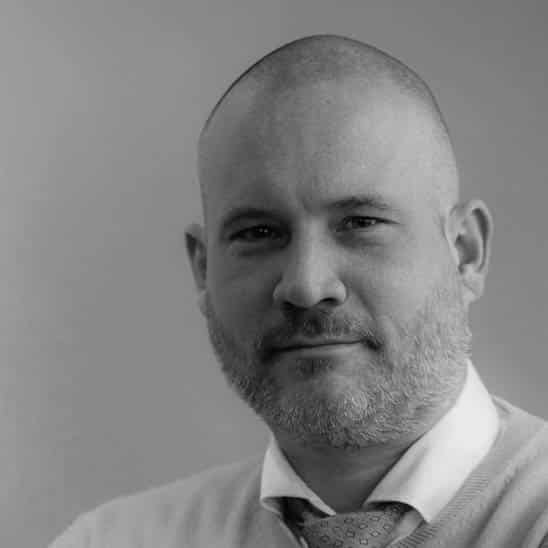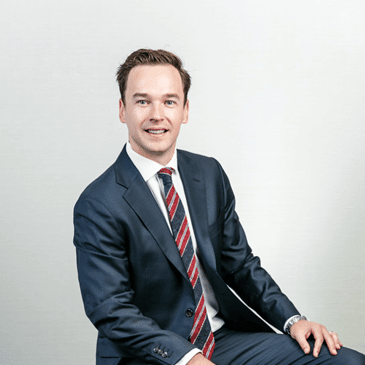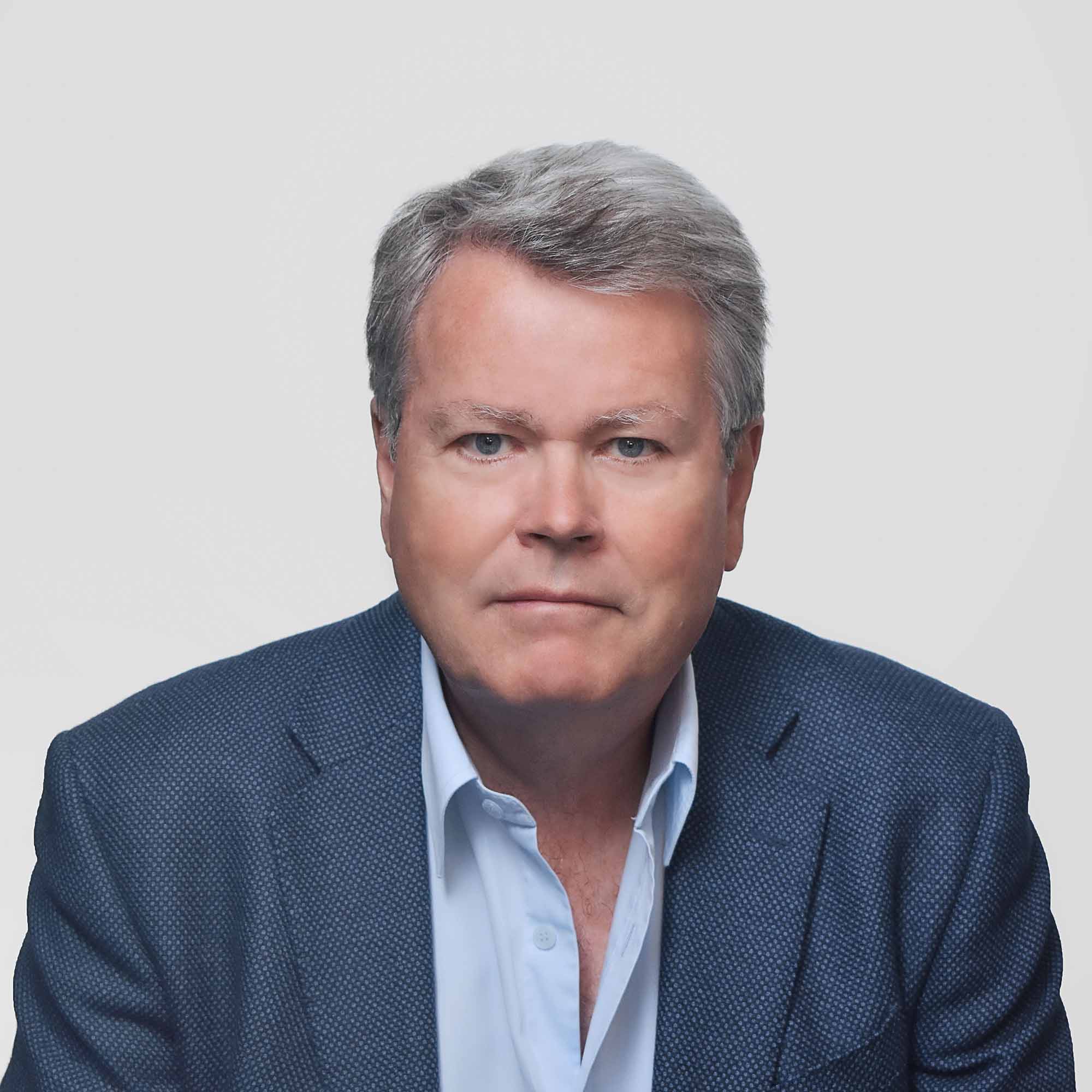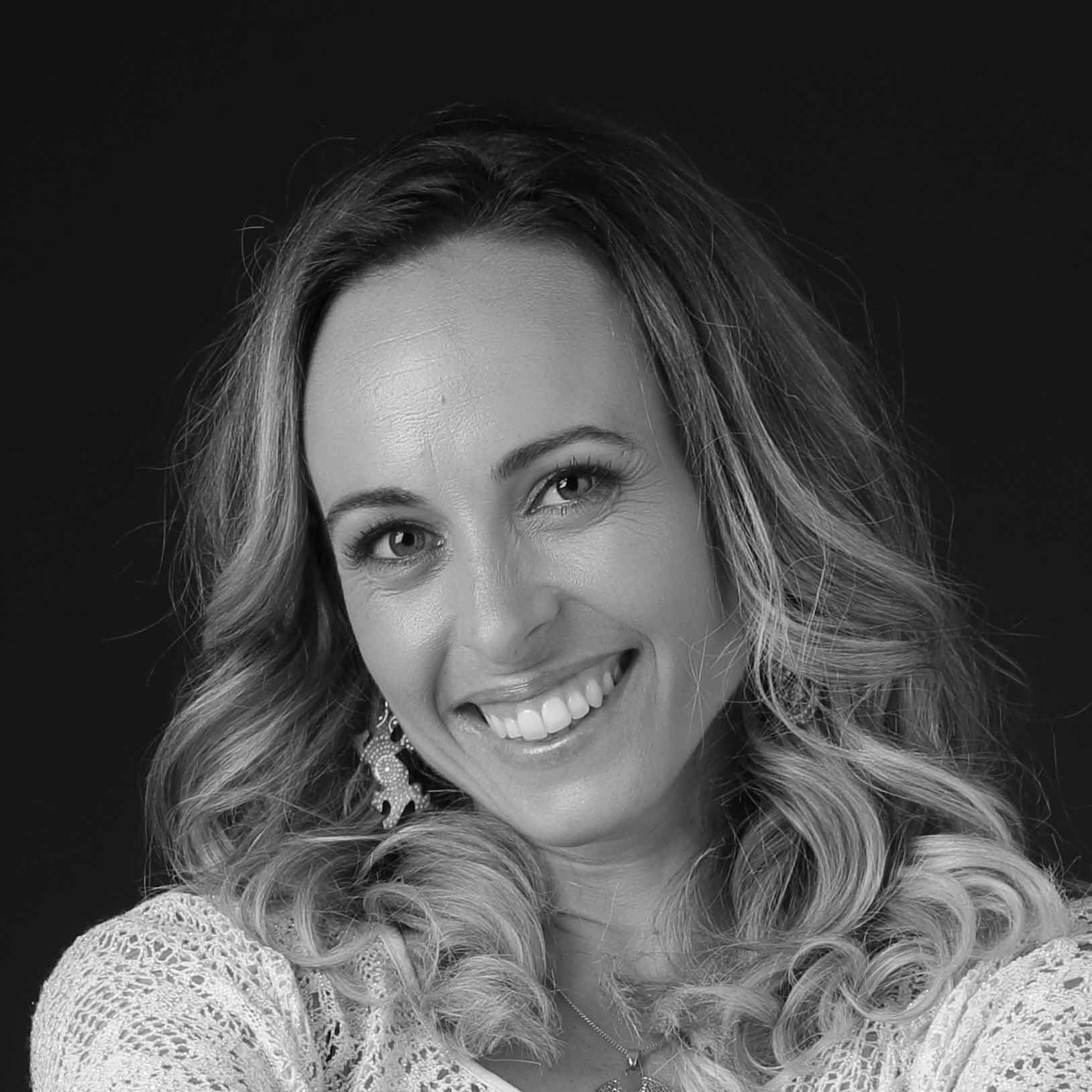Chilling news from Ørsted’s Preliminary 2022 earnings and 2023 guidance report about significant cost increases on the Sunrise Wind offshore wind project on the U.S. east coast. Stat that installation vessels have been the main driver for this high cost, Ørsted said that: “As previously disclosed, the project cost has increased substantially since bid. In the past year, it has experienced further acute cost increases, specifically driven by the prices for installation vessels and the associated services.”
Ørsted’s statement does raise a red flag for developers looking to hire installation vessels for coming projects. Ørsted did specify Sunrise Wind, but is this a project specific issue or more related to supply and demand in the offshore wind supply chain? Ørsted is developing three other projects besides Sunrise Wind on the US east coast that share similar geographical area, time frame, and equipment and components as Sunrise Wind, so why is just this project that are getting flagged by Ørsted?
The first offshore wind vessel type that are critical low on demand is foundation installation vessels. Ørsted had closed a deal for several of its projects in the US with Boskalis, which has two competitive heavy lift vessels in their fleet – Bokalift 1 & Bokalift 2. Bokalift 1 will stay in APAC until further notice and Bokalift 2 is on its way to Europe to get its motion compensation gripper from Huisman before embarking on several US projects. Dominion Energy is contracted to do the turbine installation on Sunrise with its jack up vessel Charybdis. Considering this vessel is not finished built, Dominion is less likely to be in a position to renegotiate contract terms.
We see high demand for installation vessels like Bokalift 2 with it’s motion compensation gripper. It could very well be that Bokalift 2 was not due to be used for Sunrise Wind. So, adding this vessel onto the project or contracting another vessel for the monopile installation looks like it will come with a high price.
Nevertheless, this is not just an issue that is specific to Sunrise Wind. Developers have scrambled to get reservation agreements with vessel operators booking their vessels until 2030. The reservation agreements pull a chunk of the competitive fleet out of the market leaving what is left up to spot market which pushes prices up, inflicting huge increases in the hiring costs of installation vessels, which is good for the spot market, but costly for the developers.
Image credit: Ørsted
